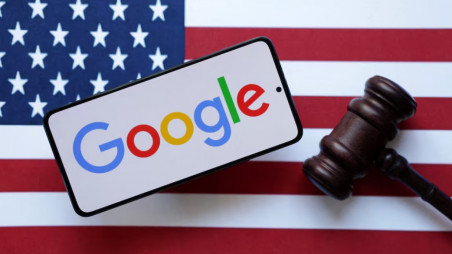Google Ordered to Pay $425 Million in Privacy Class Action, Jury Rules

A federal jury in San Francisco has ruled that Alphabet Inc.’s Google must pay $425 million in damages for violating users’ privacy. The decision stems from claims that Google continued collecting data from millions of users who had turned off a tracking feature in their accounts.
The case centered on Google’s Web & App Activity setting. Plaintiffs alleged that, over an eight-year period, Google accessed and stored user data from mobile devices despite privacy assurances. The jury found the company liable on two of three claims but determined that it did not act with malice, eliminating the possibility of punitive damages.
Users initially sought more than $31 billion in damages. U.S. District Judge Richard Seeborg certified the case as a class action covering about 98 million users and 174 million devices.
Google denied wrongdoing. Company spokesperson Jose Castaneda said the verdict misrepresented how Google’s products function. “Our privacy tools give people control over their data, and when they turn off personalization, we honor that choice,” Castaneda stated. Google plans to appeal the decision.
David Boies, attorney for the plaintiffs, described the outcome as a significant victory for user privacy. “We are obviously very pleased with the verdict the jury returned,” Boies said in a statement.
The lawsuit, filed in July 2020, alleged Google collected data through its ties with apps such as Uber, Venmo, and Meta’s Instagram that used Google analytics services. Google argued that the data collected was nonpersonal, pseudonymous, and stored securely in encrypted locations, without being linked to individual accounts.
This verdict adds to a series of privacy-related legal challenges facing Google. In April 2024, the company agreed to delete billions of private browsing records to settle claims that it tracked users in “Incognito” mode. Earlier this year, Google paid nearly $1.4 billion to settle allegations in Texas that it violated state privacy laws.
The San Francisco ruling underscores growing scrutiny of big tech firms’ data practices. Similar cases in Europe and the United States have highlighted the tension between consumer privacy rights and companies’ reliance on data-driven services.
Read More: LAD REPORTING




